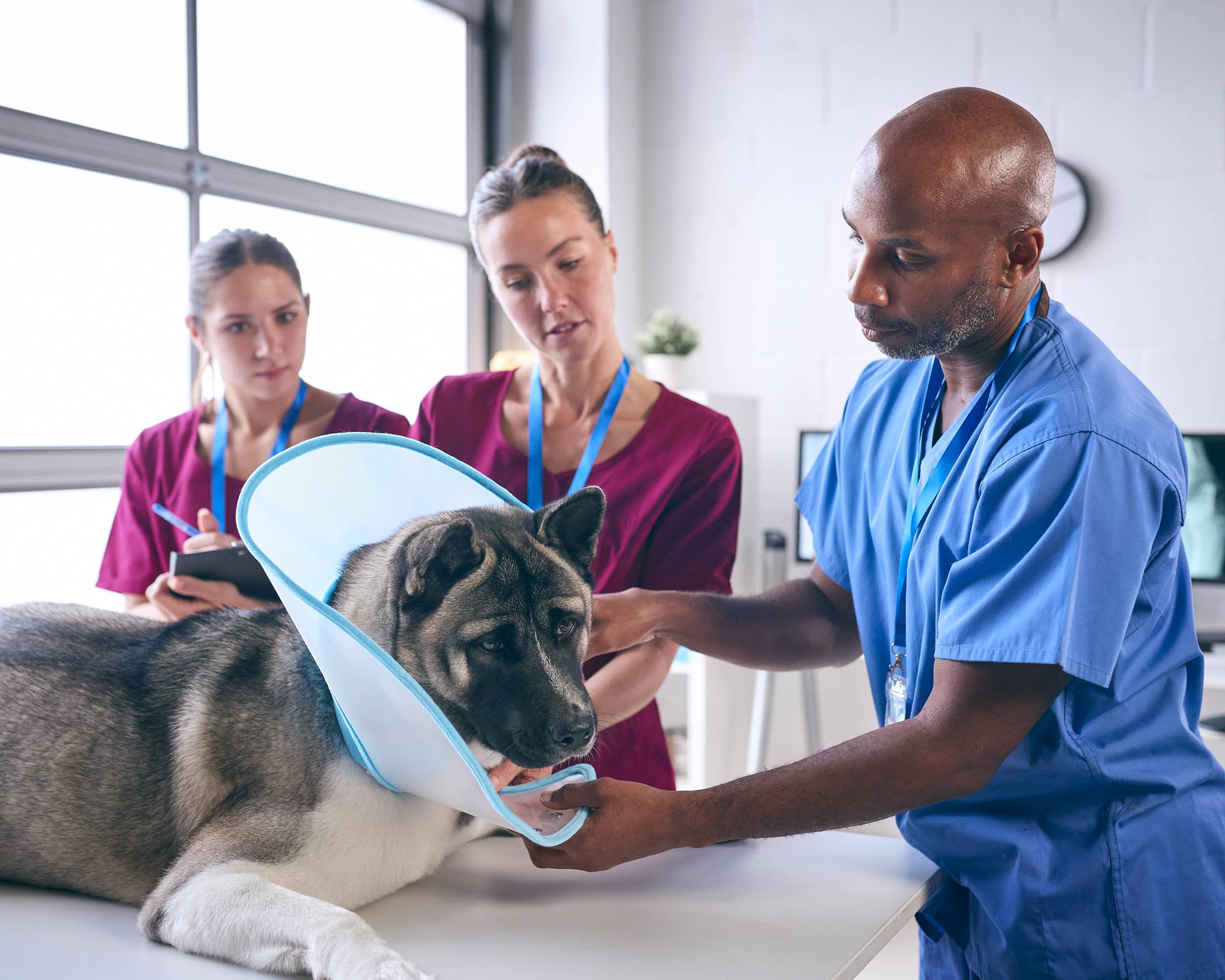
As a devoted pet parent, ensuring the health and well-being of your furry companions is undoubtedly a top priority. One of the most critical aspects of responsible pet care is vaccinating your dogs and cats. Vaccines play a pivotal role in preventing a plethora of serious and potentially deadly diseases. In this blog post, we will delve into the essential vaccines for dogs and cats, highlighting why they are crucial for their health and well-being.
Why Vaccination Matters for Pets
Vaccines work by stimulating the immune system to recognize and fight specific pathogens such as viruses and bacteria. By introducing a harmless component of a germ to the body, the immune system is trained to respond more effectively if exposed to the real thing. This preparation helps in either completely preventing the disease or significantly reducing its severity.
Vaccination is not only vital for the health of individual pets but also plays an essential role in public health. Many diseases that affect pets can also pose risks to humans (zoonotic diseases), and vaccinating your pets helps create a safer environment for everyone.
Core Vaccines for Dogs
There are two categories of vaccines for dogs: core vaccines, which are considered essential for all dogs, and non-core vaccines, which may be recommended based on the dog’s lifestyle, location, and exposure risk.
1. Canine Distemper Virus (CDV)
Distemper is a highly contagious and often fatal disease that affects the respiratory, gastrointestinal, and central nervous systems. Vaccination against distemper is crucial, as the disease can lead to severe neurological damage and has no specific antiviral treatment.
2. Canine Parvovirus (CPV)
Parvovirus is a highly contagious virus that causes severe, often bloody, vomiting and diarrhea. It primarily affects puppies but can infect unvaccinated older dogs as well. Parvovirus is notorious for its high mortality rate and the challenge of treating infected animals. The parvovirus vaccine is a must to safeguard your dog’s gastrointestinal health.
3. Canine Adenovirus (CAV-1) / Infectious Canine Hepatitis (ICH)
Adenovirus causes infectious canine hepatitis, a disease affecting the liver, kidneys, and eyes. The CAV-1 vaccine protects against severe liver damage and other systemic effects of the disease. Modern vaccines often use CAV-2 (which causes respiratory disease) to protect against CAV-1 and respiratory disease with fewer side effects.
4. Rabies
Rabies is a deadly virus that affects the nervous system and can be transmitted from animals to humans. It is almost universally fatal once symptoms appear. Rabies vaccination is not just a health imperative but also a legal requirement in many regions.
Core Vaccines for Cats
Similarly, cats have core vaccines that protect against some of the most prevalent and deadly feline diseases.
1. Feline Panleukopenia (FPV) / Feline Distemper
Feline panleukopenia is a highly contagious and potentially fatal disease causing severe gastrointestinal symptoms and a decrease in white blood cells, leading to immune suppression. The vaccine is highly effective and crucial for the prevention of this devastating illness.
2. Feline Viral Rhinotracheitis (FHV-1) and Calicivirus (FCV)
These viruses are major contributors to upper respiratory infections in cats. Rhinotracheitis causes severe eye and nasal discharge, sneezing, ulcers, and sometimes pneumonia. Calicivirus can cause similar respiratory symptoms, as well as oral ulcers. Vaccination helps protect cats from these widespread and highly contagious pathogens.
3. Rabies
Just like in dogs, rabies is a critical vaccination for cats. It is mandatory in many locations and is vital for protecting both animals and humans from this fatal viral infection.
Non-Core Vaccines
In addition to the core vaccines, there are non-core vaccines that may be recommended based on your pet’s specific circumstances.
For dogs, these may include:
– Bordetella bronchiseptica (Kennel Cough)
– Leptospirosis
– Lyme Disease
– Canine Influenza
For cats, non-core vaccines include:
– Feline Leukemia Virus (FeLV)
– Feline Immunodeficiency Virus (FIV)
– Chlamydia
– Bordetella
Vaccination Schedule
Puppies and kittens typically receive their first vaccines at around 6-8 weeks old, with booster shots every few weeks until they are about 16-20 weeks old. Adult dogs and cats will need regular booster shots throughout their lives to maintain immunity. Your veterinarian can provide a specific vaccination schedule tailored to your pet’s needs.
Possible Side Effects
Some pets may experience mild and temporary side effects from vaccines, such as lethargy, loss of appetite, or slight swelling at the injection site. Severe reactions are rare but can include allergic reactions. Always consult with your veterinarian if you have concerns about your pet’s reaction to a vaccine.
Conclusion
Vaccination is an essential aspect of pet care that cannot be overlooked. By staying on top of your pet’s vaccination schedule, you are protecting them from a host of potentially life-threatening diseases and contributing to the broader goal of public health. Always work closely with your veterinarian to ensure your pets receive the appropriate vaccines at the right times, tailored to their individual needs and circumstances.
Remember, a well-vaccinated pet is a healthy and happy pet, capable of leading a long, joyful life by your side.






